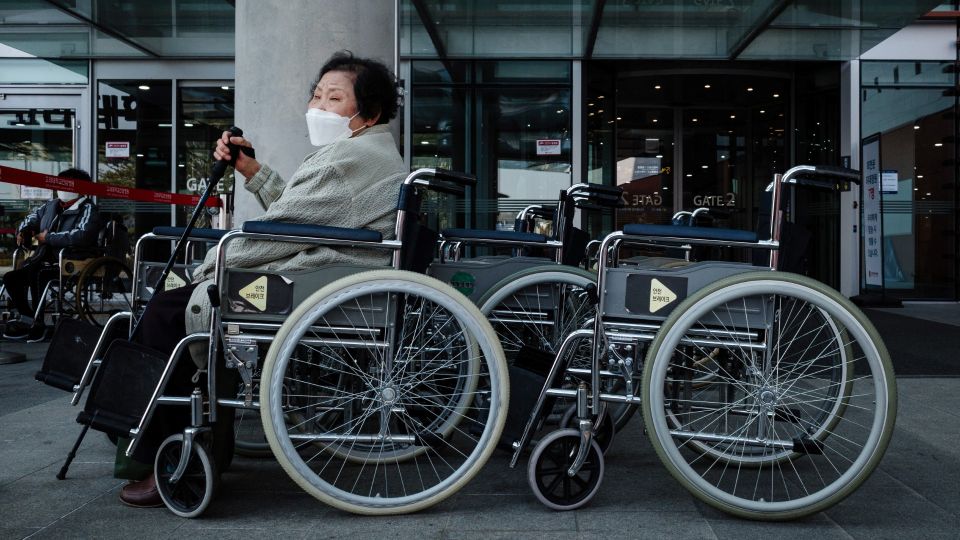August 11, 2025
SEOUL – A little over 3 million people in South Korea have signed forms to refuse life-sustaining treatments in case of untreatable diseases, a choice referred to in ethics as a “dignified death.”
According to the state-run National Agency for Management of Life-sustaining Treatment, the number of people who signed the advance statement had surpassed the 3 million mark as of Saturday, accounting for 6.8 percent of the country’s adult population.
The system of legally allowing the discontinuation of treatment for incurable diseases was implemented in February 2018, with the passage of the Act on Hospice and Palliative Care and Decisions on Life-sustaining Treatment for Patients at the End of Life. The number of those who had signed advance statements reached 86,691 by the end of 2018, but it quickly rose to 1.16 million by 2021, then nearly doubled to 2.15 million by 2023, and rose by almost another million over the next two years.
Women account for two-thirds of those who have decided to refuse life-sustaining treatment, and 21 percent of all people aged 65 and older have signed the statement.
A total of 443,874 people have had their life-sustaining treatment discontinued since the system was introduced.
The current system has strict criteria for pulling the plug on patients suffering from incurable diseases. Article 2 of the related act says it is permitted only for patients in the “end-of-life process,” which means a state of imminent death with no possibility of revitalization or recovery.
Terminal patients are defined in the law as those who are expected to die within a few months, according to a diagnosis from a doctor in charge and one medical specialist in the relevant field.
The issue touched off controversy in a 2023 case of a patient in his 60s with terminal cancer, who had remained unconscious for weeks in the hospital. Despite having signed a refusal of life-prolonging treatment and his wife asking the doctors to pull the plug after three weeks, doctors’ hands were tied due to the specific conditions in the law.
He remained unconscious for another week before passing away.
Lawmakers are discussing a broader application of the related law, such as a proposal by Rep. Nam In-soon of the Democratic Party of Korea and 15 other liberal lawmakers in 2024. The revision would allow an end of treatment for patients in the “final stages” of a disease, which include the terminal stage but also the period leading up to likely death.
“Extending the (stopping of life-sustaining treatment) to the final stage will give patients enough time to think it over and reach a decision, strengthening their right to decide and preserving their dignity as human beings,” Nam said. The bill is currently pending deliberation at the National Assembly.
Jung Eun-kyeong, the recently appointed minister of health and welfare, also said she recognizes the necessity of expanding eligibility in the current system.
A report in May by local broadcaster KBS showed that in a government survey of 27 heads of medical societies in the country, 82 percent agreed that the existing law should be expanded to include patients in the final stages of terminal disease.


